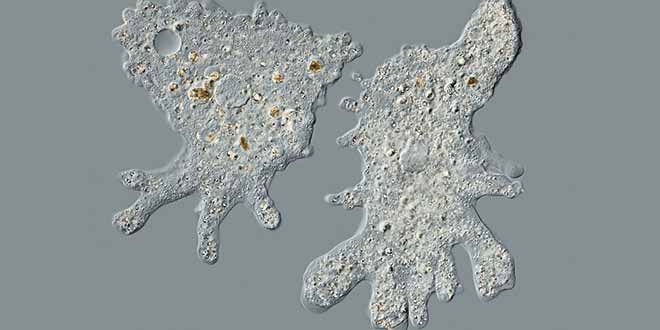
First Death due to Naegleria Reported in Karachi
The provincial health authority has confirmed the first death of the year from Naegleria Fowleri, a brain eating amoeba, the primary cause of Amoebic Meningoencephalitis (PAM).
The 18 year old female, Areeba, was admitted in a ‘critical’ condition to a private hospital last week and was put on the ventilator of an intensive care unit, where she died. She was a resident of Gulistan-i-Jauhar. It is not noted how the woman contracted the lethal parasite but most cases which appeared in Karachi, earlier in 2013 and 2014 came from the same region of East Karachi.
Primary Amebic Meningoencephalitis (PAM) is a rare disease of the central nervous system. PAM is caused by Naegleria fowleri, a free-living ameba.
Humans become infected by PAM, when water containing Naegleria Fowleri enters the nose and the ameba migrates to the brain along the olfactory nerve, usually by swimming, Wudu or nasal exposure to Naegleria containing water. However, drinking or utilizing such contaminated water does not infect people.
Symptoms of the disease start to show one to seven (on an average 5 days) after nasal exposure to Naegleria Fowleri and people die in 1 to 12 days (on an average 5 days) after symptoms begin. As PAM is difficult to detect and the disease progresses rapidly, it is almost always fatal.
The neighborhood, where the fatality had been reported had showed a very low chlorination level in the water supplied, through Karachi Water and Sewerage Board pipelines, when the samples were recently taken and analyzed.
The water analysis of the city showed that more than 40 per cent of the water in the metropolis was supplied with much less than the required chlorine levels, which the medical experts claim to be a major reason of the growth of Naegleria and the spread of PAM.
The brain eating amoeba was spotted for the first time in the waters of Karachi in 2013, which killed 10 people, where as in 2014, it took the life of 14 individuals.

